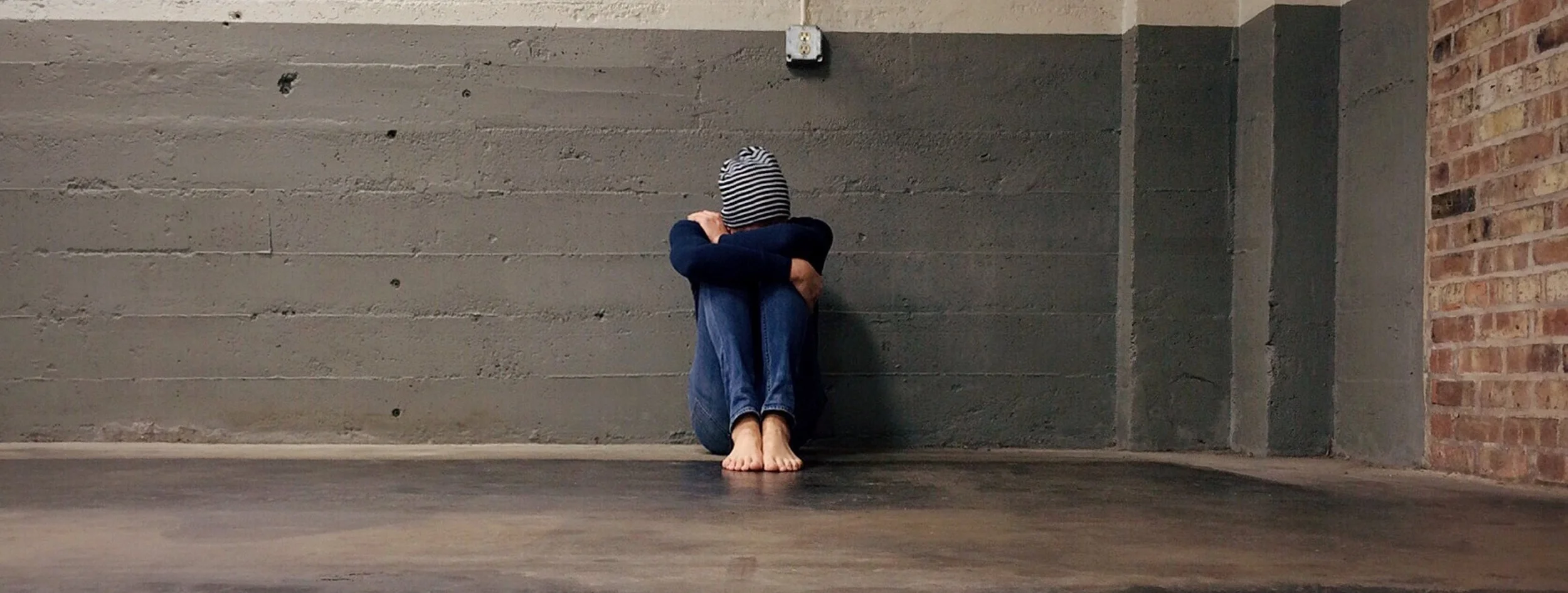When Mistakes Are Made ...
What do you do when someone makes a mistake? I was talking with a coworker about a decision he made as he wondered, “Did I just cost the church three hundred dollars by giving the wrong answer?”
No, he didn’t, but it reminded me of mistakes I’ve made over the years. Some haven’t cost anything; others have been very expensive. At one of my first jobs, I was responsible for mowing a large property. Laverne, the maintenance supervisor, showed me how to use the tractor. “Does everything make sense?” he asked as he finished his training.
“Yep, I’ve got it.” As he walked away, I put the tractor in gear and proceeded to drive it directly into the side of the building and through a closed garage door.
Sometimes mistakes aren’t really mistakes. They are just decisions that are made with the best information available, but later the information is proven to be faulty. For example, in 1995 I made the decision to accept a design from an architect for an artistic pattern on the side of a brick wall. We were certain it would be a temporary wall. However, it was ugly the day it went up, and we had to look at it for sixteen long years before it was removed. Every day for sixteen years I was reminded of this bad decision.
What do you do when someone who reports to you makes a mistake? You could say to yourself, He made a mistake. It cost the company money. He is going to pay for it. Perhaps you would make him or her financially reimburse the company. Or you might try the humiliation route. A couple of years ago, when I went to our local Taco Bell, I noticed everyone had matching uniforms and hats, except one guy who was wearing a fluorescent pink hat. When he turned around, I saw the words on the front: “I forgot my hat today.” I’m sure his boss thought he was teaching him a lesson (yeah, find a different boss).
Another option is to consider the mistake part of your training budget. Tom Watson, the founder of IBM, understood the value of mistakes. Once, one of his employees made a huge mistake that cost the company millions of dollars. The employee, upon being called into his office, said, “I suppose you want my resignation.”
“Are you kidding?” replied Watson. “I just spent ten million dollars educating you.”
In the church world, our mistakes are not typically that large. But it isn’t too uncommon for leaders to get bent out of shape when a mistake is made that costs the church money. It comes from a well-intentioned place of wanting to be wise stewards of the church resources. But it diminishes people and discourages innovation and appropriate risk.
When Laverne looked at me after I drove the tractor through the side of the building and said, “I’m guessing you won’t do that again,” he was right—although I did drive it through a glass window a couple of days later. But what I remember most about that day was his graceful posture on helping me grow through my mistake.
Now, if someone keeps making the same mistake over and over, then it is obvious the education process isn’t working. Release him or her to spend someone else’s money making mistakes.
I’ve only worked for three employers over the past thirty-three years since I graduated high school, and I’m grateful that in each place I have been encouraged to risk, inspired to innovate, and given room to fail. It has cost those organizations a few bucks, but it has made me a much better leader—which ultimately made the organizations better.
What should you change about your leadership style to encourage innovation and risk, even if you know it will open room for mistakes?
Read more in Fairness is Overrated: And 51 Other Leadership Principles to Revolutionize Your Workplace

